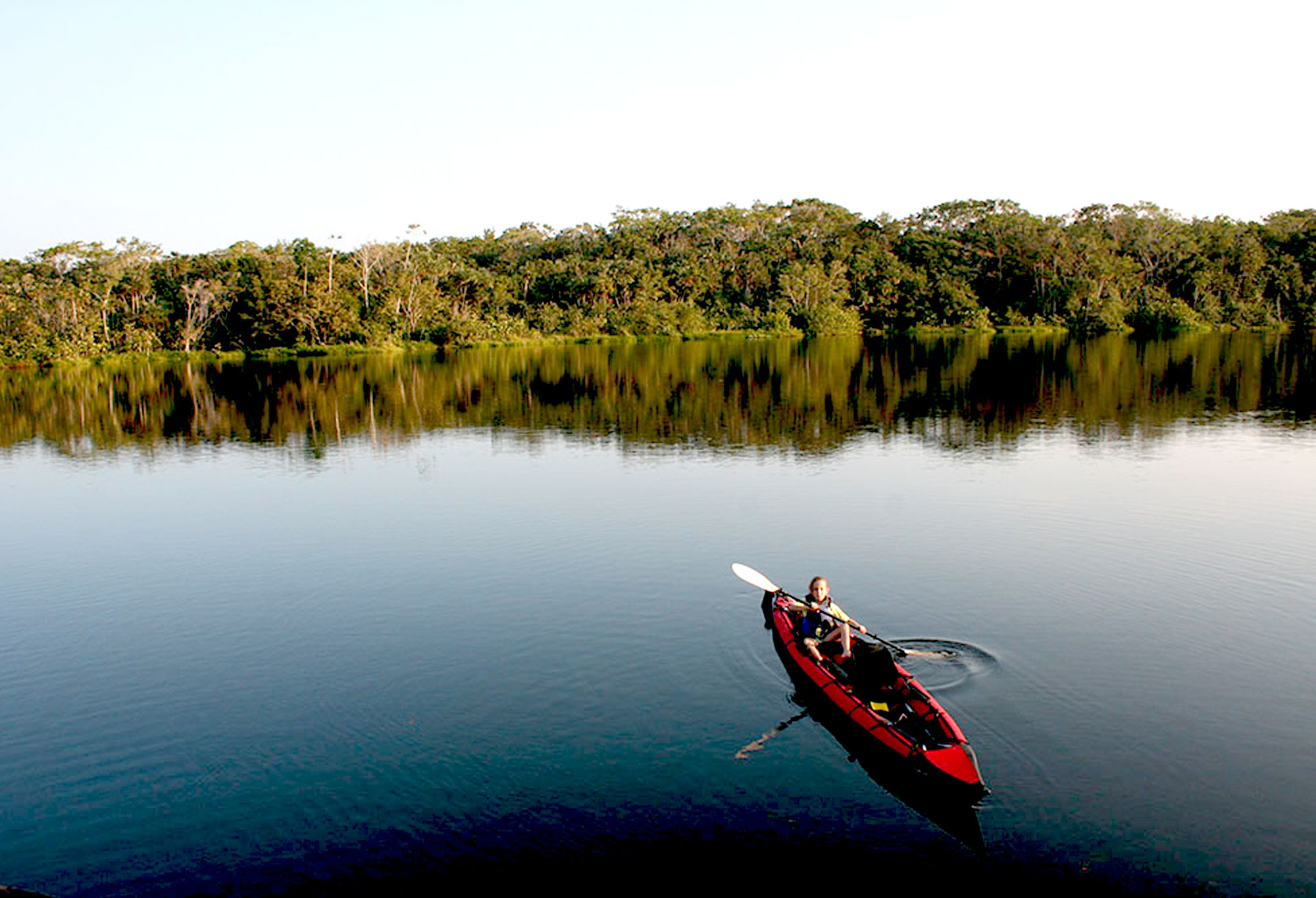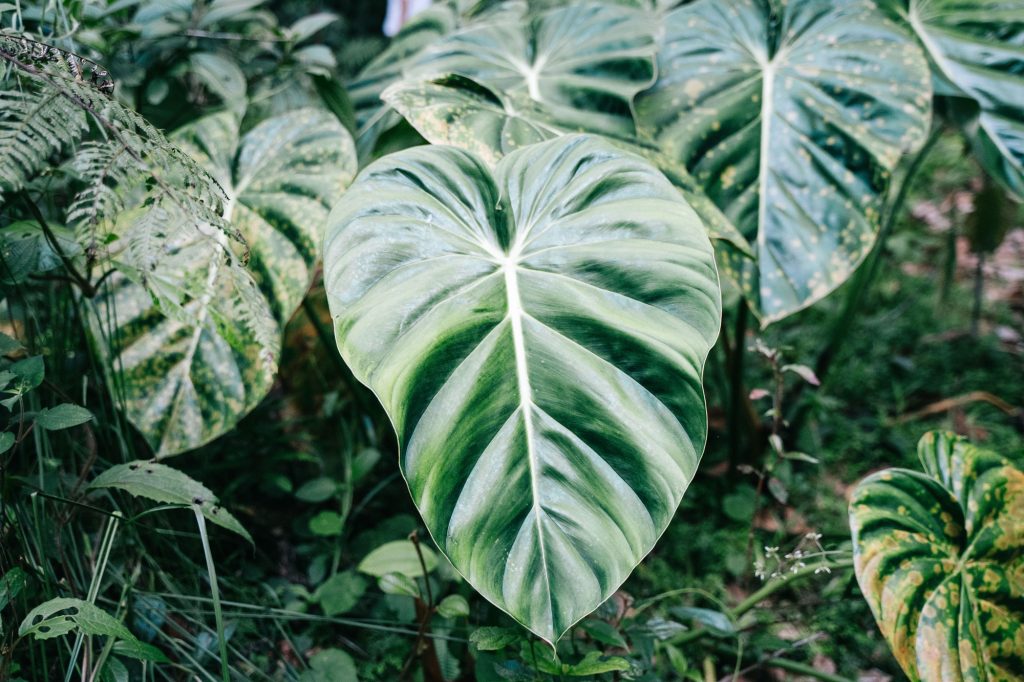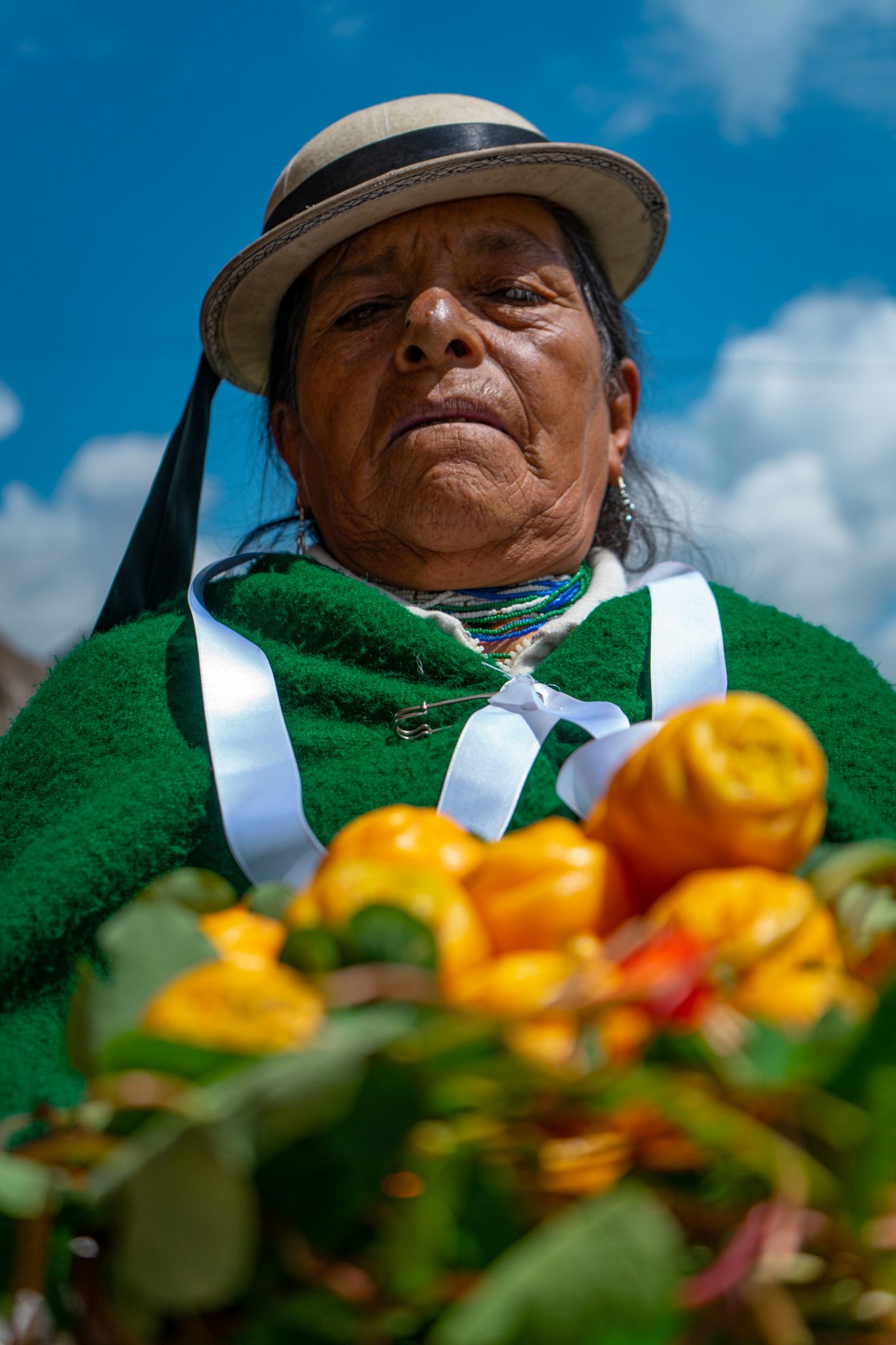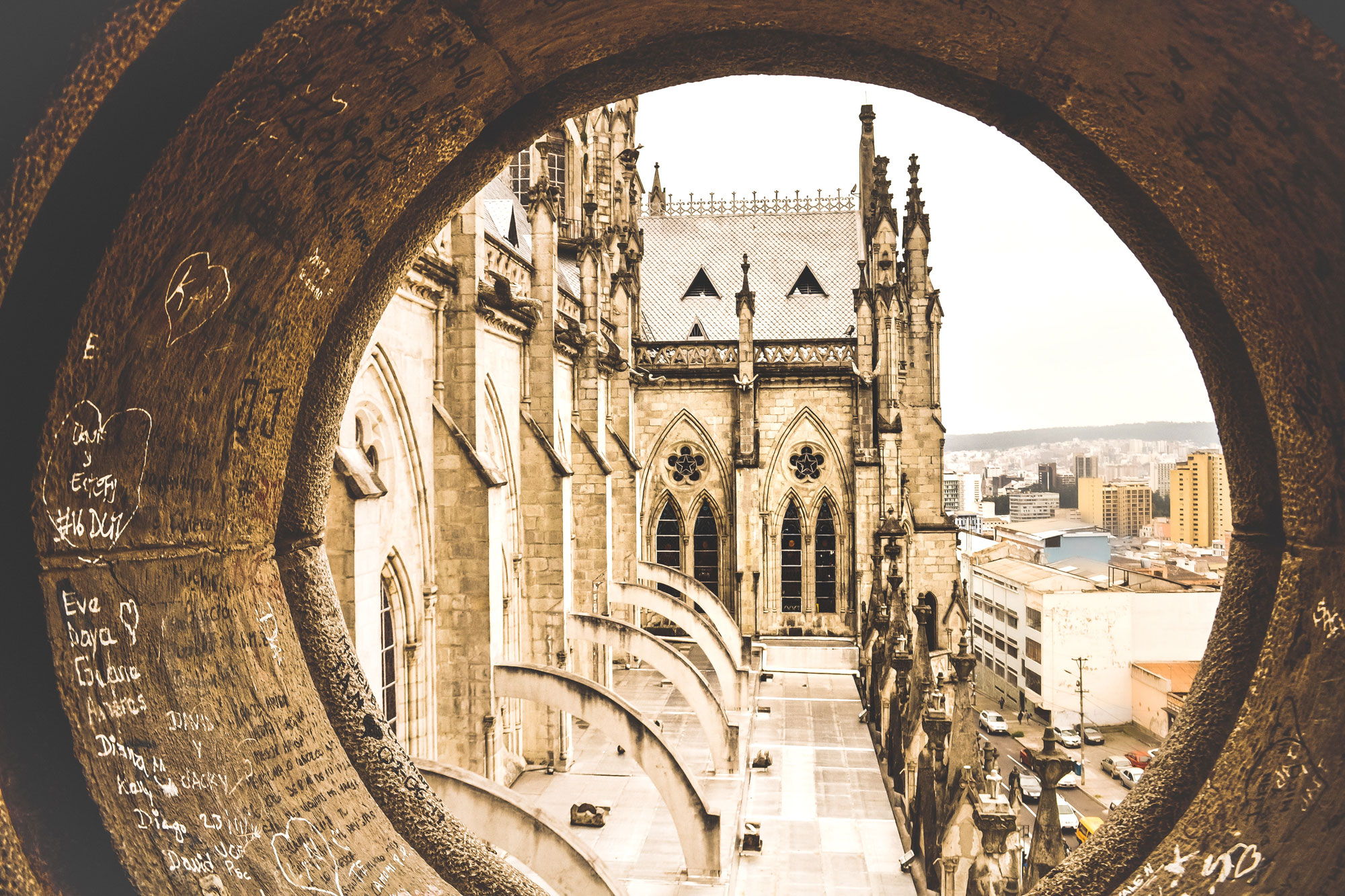The middle of everything
Ecuador
The middle of everything
Four worlds in the middle of the world
Meet the middle of the world
Ecuador a small place, a great place to explore and adventure.
Scientists, artists, naturalists, and explorers such as Humbolt, Whymper, Godin, La Condamine, Church, Stubel, Reiss, Boussingault, Wolf, Darwin were mesmerized by the diversity of this land.

Ecuador may be one of the smallest countries in South America but, it is a privileged country. Because of its location, the high Andes and its perpetual snow volcanoes divide like a backbone the coastal plain that ends in its beaches bathed by the Pacific Ocean and the vast Amazon plain, a mystical world of green splendor.
Scientists, artists, naturalists, and explorers such as Humbolt, Whymper, Godin, La Condamine, Church, Stubel, Reiss, Boussingault, Wolf, Darwin were mesmerized by the diversity of this land.
What they discovered they documented to share with the world, capturing in their canvases the beauty of its volcanoes: Chimborazo, Antisana, Carihuairazo, Cayambe, several active and intimidating like Cotopaxi, Tungurahua, and Sangay.
Some daring ventured to the heights to conquer its peaks in which no human being had ventured to that territory that communes with heaven.
Wherever the mountains lose their perpetual snow, it is covered with tussock grasses, those extensive grasslands, an inhospitable, cold place where condors fly in search of food, and hummingbirds adapted to these heights seek nectar in the colorful chuquiraguas, emblematic flowers of these places.
The clouds hanging from the Andean foothills paint the forests white, and the epiphytic plants suspended from the trees feed on the mist; while the spectacled bear, puma, and tapir roam the diverse and unique vegetation. Hundreds of species of birds unfold their concert with the first rays of light from the wood stars hummingbirds with their bright green and purple feathers, as well as the parrots, trogons, and toucans that break the monotony of the green with their magnificent colors.

Pre Colonial Times
Incas, Cañaries, Panzaleos, Narrios, and many more
Ecuador currently houses 14 ethnic groups with their language
The paths that the adventurers traveled were the same that people of cultures traveled in pre-colonial times like Incas, Cañaries, Panzaleos, Narrios, and many more. Due to the fusion of these cultures, Ecuador currently houses 14 ethnic groups with their language. There are remains of the conquest of the Incas back in the 15th century, Ingapirca, Cojitambo, Pumapungo, Rumicucho stones carved to perfection in large elliptical, solar calendars, and water channels.
In the inter-Andean valleys, this inheritance of knowledge is palpable in traditional crops, in the clothes with their embroidery, the architecture of the adobe houses, and that later evolved with the Spanish influence in the large mansions and beautiful churches of cities such as Quito and Cuenca, both named World Heritage Sites by UNESCO.
Towards the west an immense plain of fertile lands where tropical forests are bordered by mangroves, large plantations of tropical fruits, rice, and sugar cane. Its beaches with the warm water ocean, where humpback whales escaping from the cold waters of the Antarctic come to these seas to see their young born.
At the other extreme in the nascent or East, as it is known in Ecuador, it surprises us with those great forests that go from the Andes to meet the Atlantic Ocean. The most biodiverse ecosystem on the planet, it is home to 20% of all species of plants found here, balancing the global climate with its rains, the perfect place to give a home to thousands of animal species, some of which are still unknown to science.
Ten ethnic groups have lived in the jungle since time immemorial, harmonious coexistence with their cosmovision. Thousands of rivers are born in the heights from jump to jump until they reach the plains where movement becomes sinuous and slow until they empty into the Amazon.

Modern Times
Colonial alleys and modern infraestructure
As in all countries, there is a conservation concern. Ecuador maintains a system of protected areas that covers 14% of the surface.
But there is also a modern Ecuador, with two international airports (Quito and Guayaquil), an excellent road infrastructure, and some cities mix architecture between the colonial and the avant-garde.
Ecuador’s economy is based on oil exportation, bananas, flowers, tuna, shrimp, cocoa, and tropical fruits.
As in all countries, there is a conservation concern. Ecuador maintains a system of protected areas that covers 14% of the surface.
Ecuador a small place, a great place to explore and adventure.

Experience and Details
Predesign Ecuador Tours
Discover the diversity hidden in Ecuador




